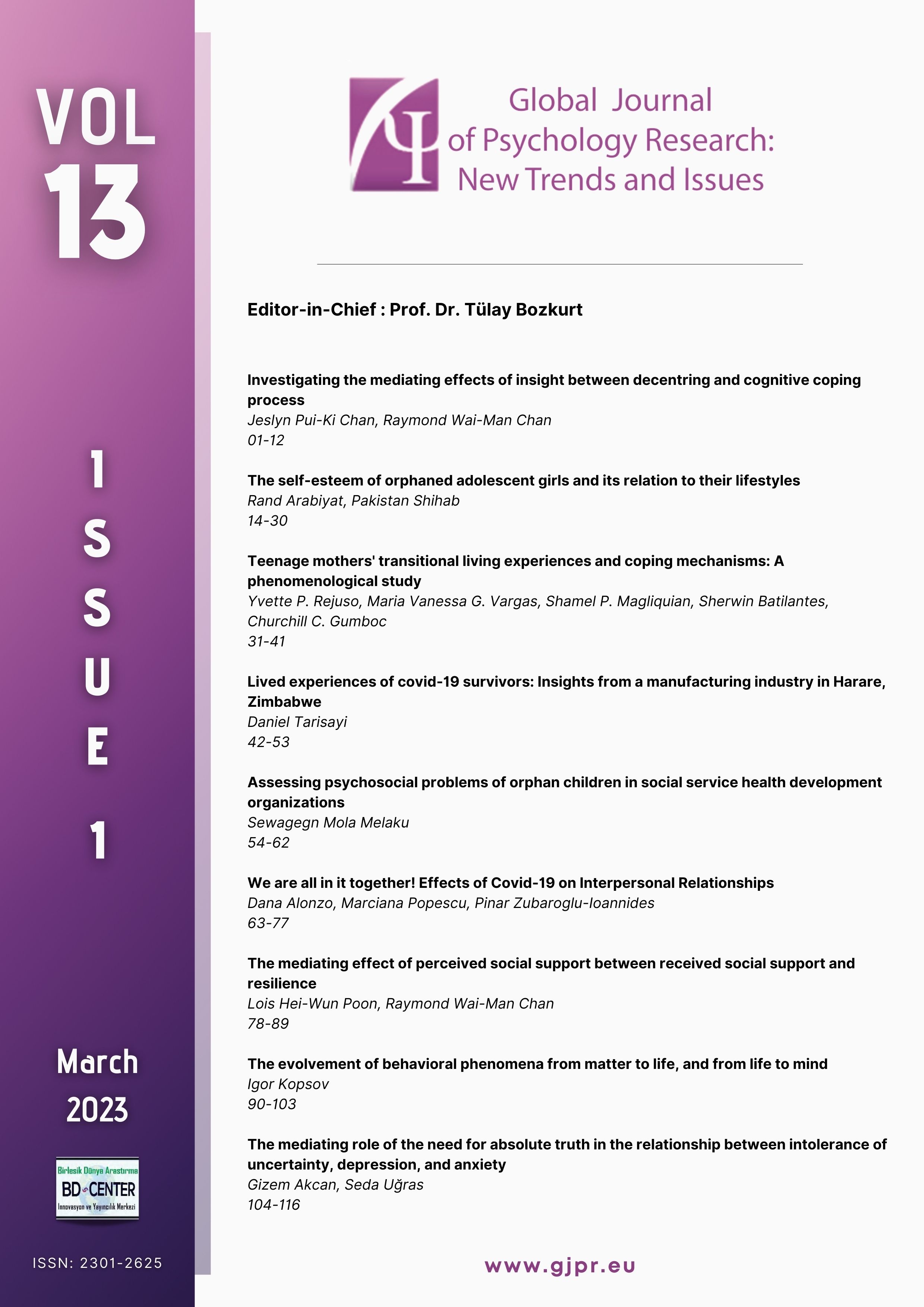Assessing psychosocial problems of orphan children in social service health development organizations
Main Article Content
Abstract
This study was designed to assess the psychosocial problems experienced by orphan children, in Addis Ababa town. To meet this objective, the researcher drew 50 out of 420 orphan children selected as the sample participant of the study by using simple random sampling techniques. The questionnaire with open-ended and close-ended items was distributed to all the participants to assess orphan children's psychosocial problems. The research design is a quantitative and qualitative research approach. The quantitative data were analyzed through descriptive statistical measures such as percentage, frequency, tabulation, and tables, whereas the qualitative data were analyzed through structured interviews respectively. The study revealed that the major causes of death among orphan children’s families were natural illness, HIV/AIDS, cancer, and car accidents with known reasons and unknown reasons respectively. The study also revealed that orphans suffer from social problems such as poor interrelationships, living with others, talking with strangers or others, and suffering from the absence of assistance.
Keywords: Assessment; children; health; psychosocial; social service; orphan.
Downloads
Article Details

This work is licensed under a Creative Commons Attribution-NonCommercial-NoDerivatives 4.0 International License.
